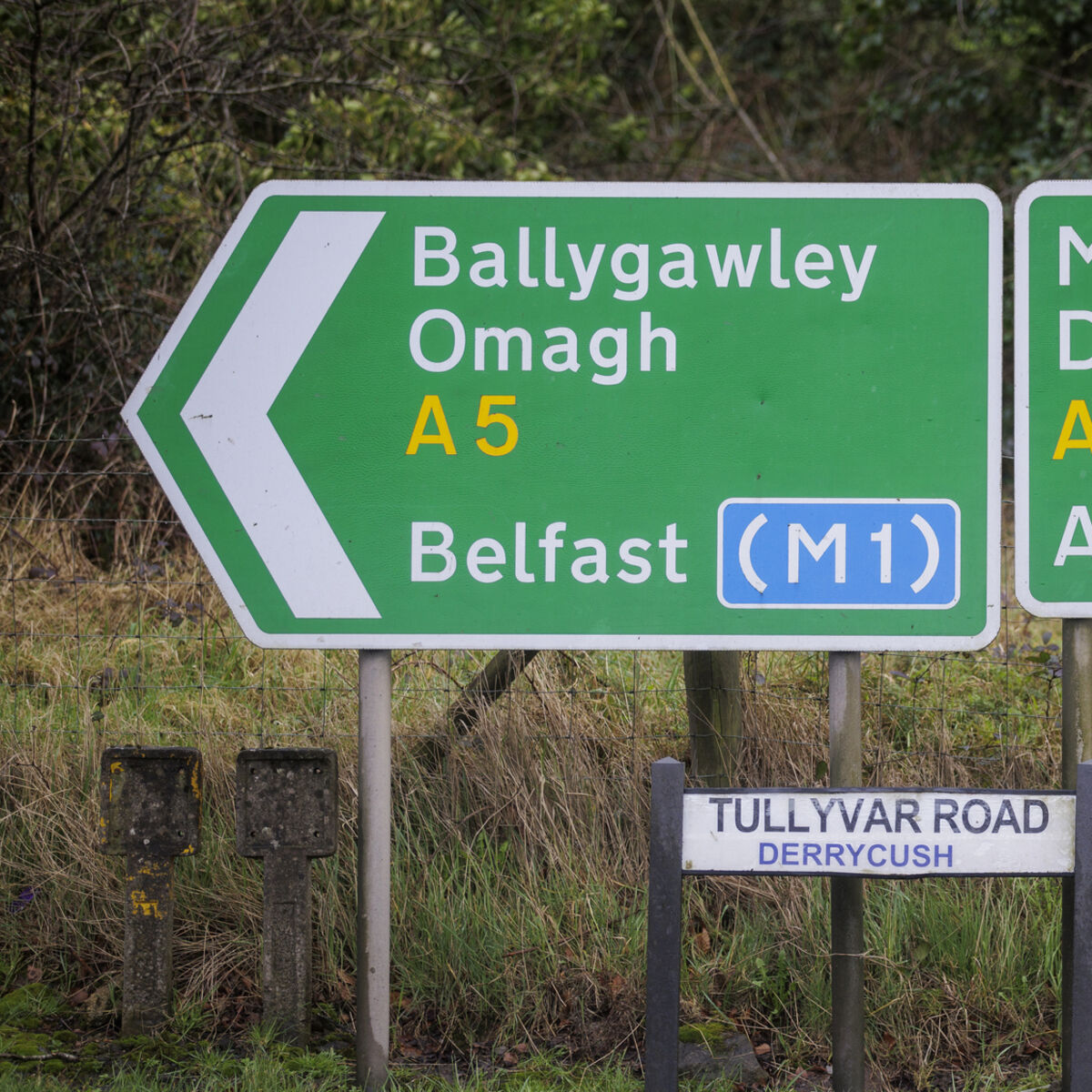By Irishexaminer.com Sean Murray
“Much commentary on the Northern Ireland subvention fails to look at the detail of how it is constructed,” DCU vice-president of research Professor John Doyle said.
It also fails to factor in growth. With the same set of policies on education, infrastructure, tax and foreign direct investment, there is no obvious reason why Northern Ireland would remain so much poorer and so much less economically productive than, for example Munster.
In the first year, the study said a united Ireland would inherit a mix of pensions, debt, defence spending, central costs and taxation in Northern Ireland to the tune of about €1.75bn.
In terms of extra investment, the report said this should be maintained at a minimum for 10 years to put money into vital infrastructure and services.
While public sector wages in Ireland are higher than those in Northern Ireland, it would cost an extra €152m a year to bring parity across the workforces, it said.
Public sector pensions, meanwhile, would cost about €115m a year on average to transfer to a united Ireland.
“Boosting public expenditure by €1bn a year to provide necessary investment in health, education, infrastructure and welfare, while also allowing for the cost of equalising public sector salaries and taking over pensions would see a full year one cost of €3bn,” it said.
And then, depending on how fast the economy in Northern Ireland grows, the need for a subvention would end within five to nine years.
Looking at three different scenarios, it said Northern Ireland would be able to reduce its deficit through economic growth. In the most pessimistic scenario, it would break even by the ninth year of a united Ireland, according to the researchers.
They said economic growth in Ireland averaged 3.2% a year from 2000 to 2024, compared to 1.3% on average in the North. Uniting the two should therefore see a significant increase in economic growth, they argued.
Professor Doyle added: “Convergence with the more productive and wealthier southern economy will take time, but the deficit will close much more quickly.”
He also said the costs involved were “certainly affordable for the economy of a united Ireland”.
The research does point out that boosting productivity and wages in Northern Ireland could be achieved in a stronger model of devolution than currently exists.
However, it added “it is unlikely the necessary policy change could be secured within the UK in the short-to-medium term political context”.
